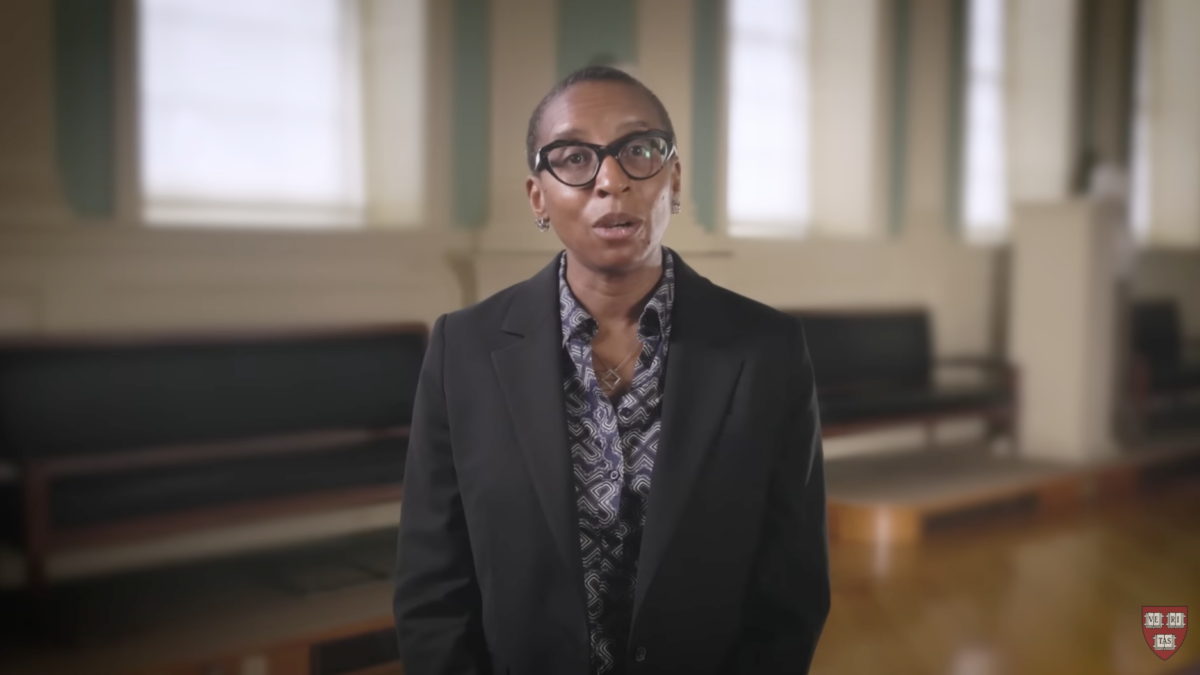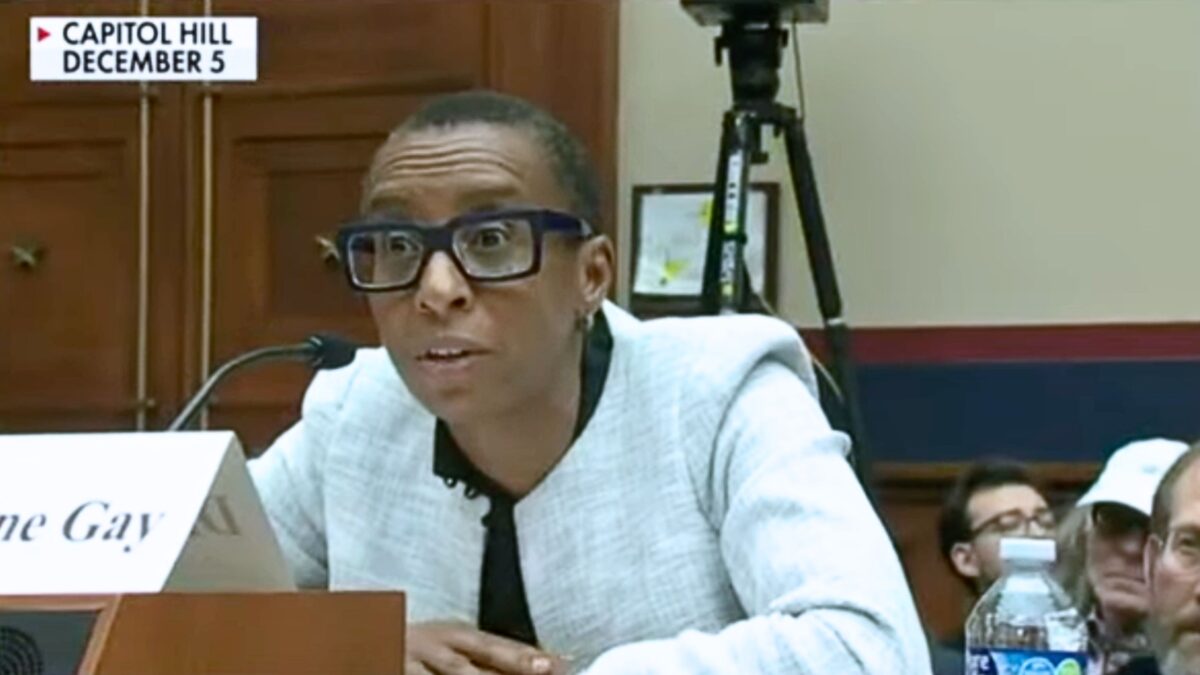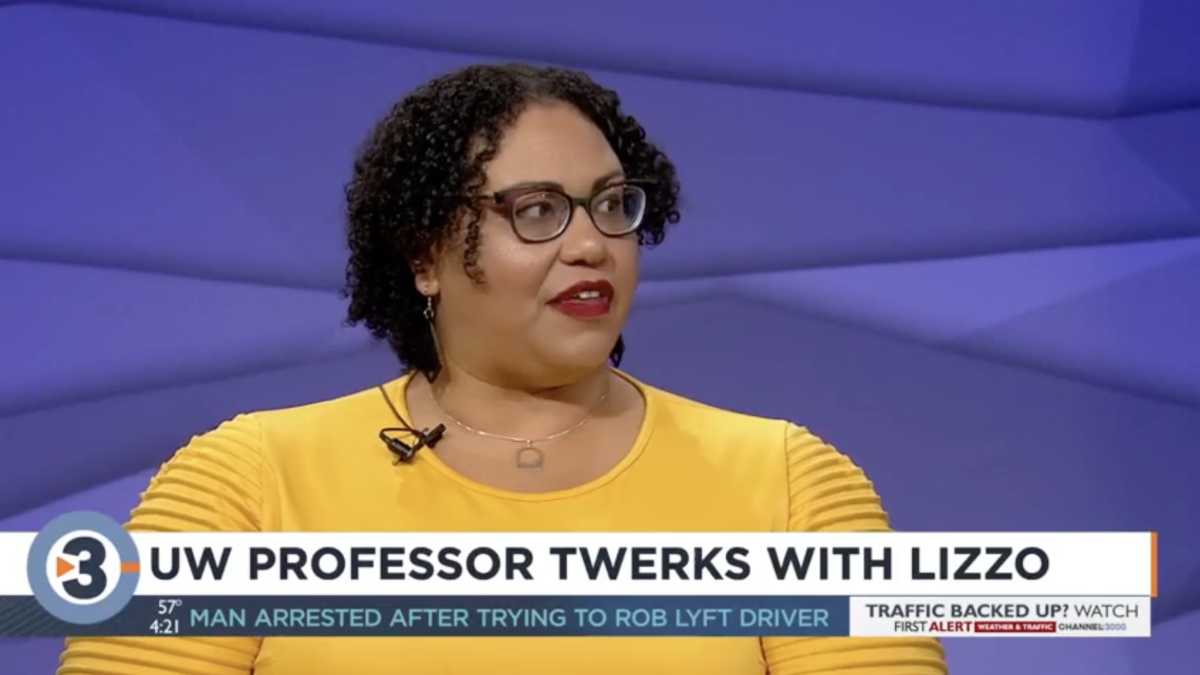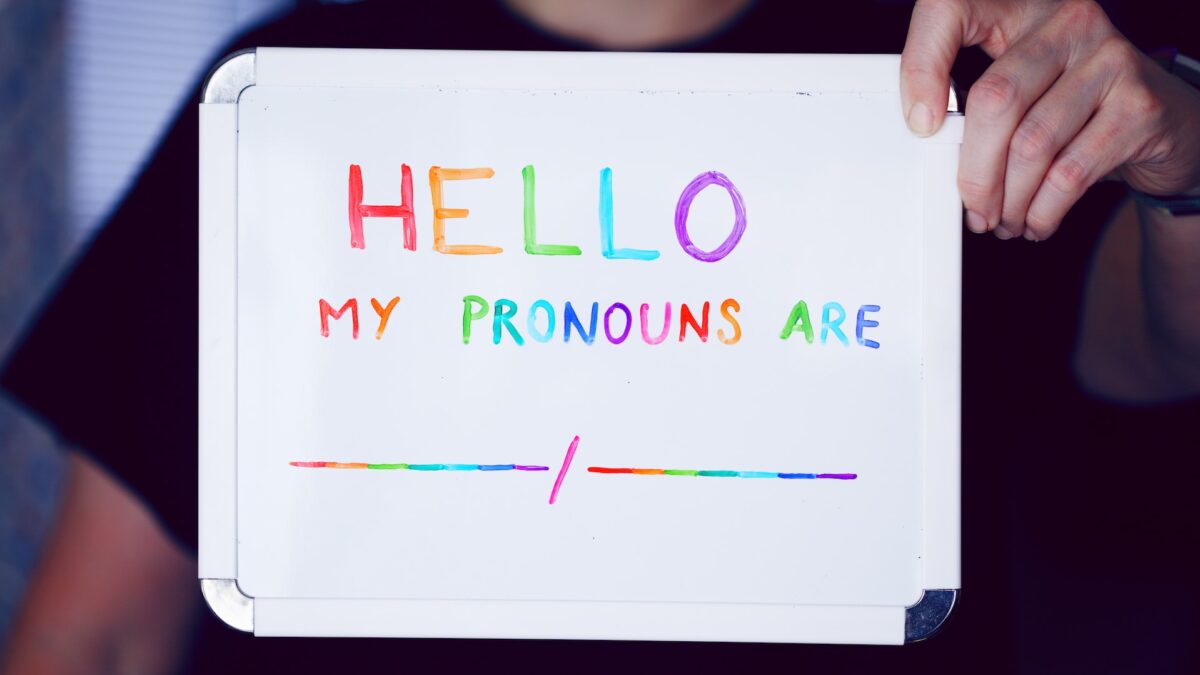In June, Middlebury College announced it had officially disciplined students for disrupting a forum featuring sociologist Charles Murray two months earlier. In a Wall Street Journal editorial trumpeting the college’s dedication to free speech, President Laurie Patton described how dozens of students not only forced Murray and Professor Allison Stanger to relocate to a makeshift studio to livestream the event, but physically attacked them afterwards as they walked to their car.
After completing an investigation, Patton and her staff decided to place letters in the permanent files of the more serious student malefactors; the rest were merely given probation. As Murray noted in response, the upshot of Middlebury’s months-long investigation was that “[n]ot one single solitary person” was actually punished, neither for disrupting the event nor for hospitalizing one of the school’s professors.
A month after the Middlebury event, a similar (although less violent) altercation took place at my alma mater, Claremont McKenna College. On April 6, the Manhattan Institute’s Heather Mac Donald was scheduled to speak at a dinner forum on her recent book, “The War on Cops.” Shortly before the event began, scores of protestors—including a handful of Claremont McKenna students—blockaded all public entrances to the venue.
In response, administrators canceled the dinner and had Mac Donald, like Murray a month before at Middlebury, livestream from a different location. No one was injured. Given the public precedent Middlebury set, many alumni, including myself, expected a similarly weak response from the administration.
Fortunately, we were pleasantly surprised. In an unsigned statement published on the college’s website, Claremont announced that, of the 10 students charged with violating college policy, three were cleared of responsibility, two were put on probation, and five were suspended: two for a single semester, and three for a full year. Hell and fury this is not, but it’s infinitely preferable to the boastful cowardice on display from Middlebury, and may discourage future thuggery. Several of my fellow alumni have donated to Claremont since the announcement, as have I.
Although it’s ungracious to nitpick unexpectedly good news—especially news that evidences a modicum of bravery and sound judgment from authorities—one wonders why Claremont’s administrators decided against outright expulsion for the worst offenders, a punishment available per the college’s guidelines for “conduct which caused, or could have caused, significant disruption to the College or its members.” Unless such punishments are reserved for criminal behavior, it’s hard to imagine a more serious matter than disrupting a college-sponsored dinner lecture from an outside scholar that hundreds of students, professors, staff, and community members had planned to attend.
The case for expulsion is especially strong for colleges like Middlebury and Claremont that are in the enviable position of choosing their student bodies: Middlebury admits less than 19 percent of its applicants while Claremont admits less than 10 percent of those who seek admission, making it one of the most selective schools in the United States. If a handful of students demonstrate that they will not abide by college rules—to say nothing of liberal principles or civilized norms—there are, literally, hundreds of qualified students on the wait-list who would happily take their place.









